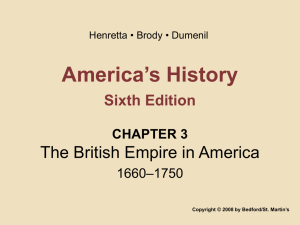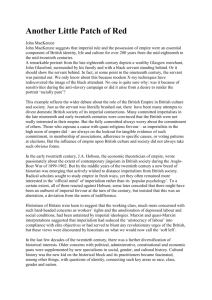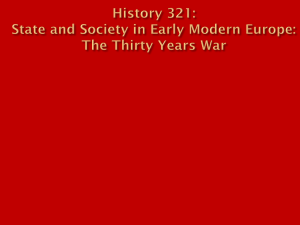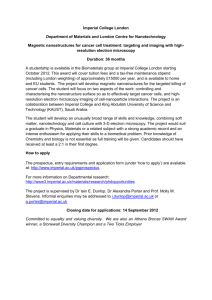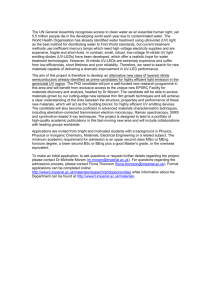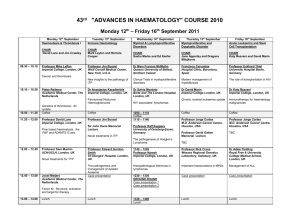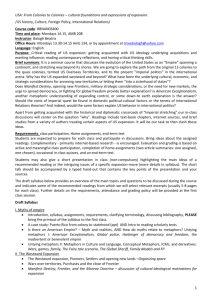Day 1: Saturday 21 st September 2013 - History
advertisement
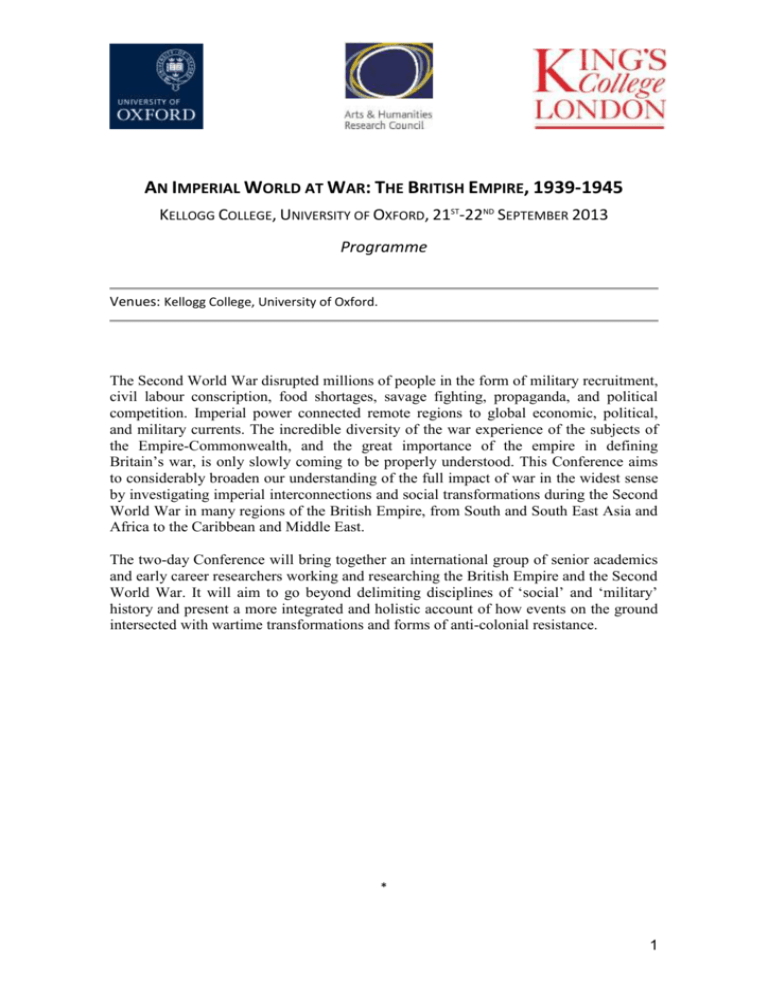
AN IMPERIAL WORLD AT WAR: THE BRITISH EMPIRE, 1939-1945 KELLOGG COLLEGE, UNIVERSITY OF OXFORD, 21ST-22ND SEPTEMBER 2013 Programme Venues: Kellogg College, University of Oxford. The Second World War disrupted millions of people in the form of military recruitment, civil labour conscription, food shortages, savage fighting, propaganda, and political competition. Imperial power connected remote regions to global economic, political, and military currents. The incredible diversity of the war experience of the subjects of the Empire-Commonwealth, and the great importance of the empire in defining Britain’s war, is only slowly coming to be properly understood. This Conference aims to considerably broaden our understanding of the full impact of war in the widest sense by investigating imperial interconnections and social transformations during the Second World War in many regions of the British Empire, from South and South East Asia and Africa to the Caribbean and Middle East. The two-day Conference will bring together an international group of senior academics and early career researchers working and researching the British Empire and the Second World War. It will aim to go beyond delimiting disciplines of ‘social’ and ‘military’ history and present a more integrated and holistic account of how events on the ground intersected with wartime transformations and forms of anti-colonial resistance. * 1 Day 1: Saturday 21st September 2013 9.45 – 10.00 Welcome: An Imperial World at War Ashley Jackson, Yasmin Khan and Gajendra Singh 10.00 – 11.30 Panel 1: Colonial Anxieties Chair: Benjamin Zachariah Nazi-Hunting in India on the Eve of the Second World War Felicia Yap (University of Cambridge) The Significance and Impact of Japanese Propaganda in Occupied British Asia Oliver Coates (University of Cambridge) Contested Commemoration in Late Colonial Nigeria 11.45 – 1.15 Panel 2: Mobilizing the Empire Chair: Doug Delaney (The Royal Military College of Canada) Mixable and Matchable Army Formations: Explaining Anglo-Canadian Interoperability during the Second World War Nick Hewitt (National Museum of the Royal Navy) A Shared Tradition: The Commonwealth Navies, 1939-1945 2 Vipul Datta (King’s College London) The Army and the Academy: The ‘Making and Unmaking’ of Military Training Academies in India and South Asia, 1932-1955 1.15 - 2.00 Lunch 2.00 – 3.30 Panel 3: Militarizing the Empire Chair: Susan R. Grayzel (University of Mississippi) Protecting Which States and Bodies?: Developing Civil Defense in an Imperial Context Ali Raza and Franziska Roy In the Name of Self Defense: The Second World and the Politics of Paramilitary Groups in British India ca. 1939-46 Narender Yadav (Jawaharlal Nehru University) The Second World War and the Indian Armed Forces: Perceptions of the Persons who joined the Defence Forces 3.45 – 5.00 Keynote. Indivar Kamtekar. (title TBA) 5.30 – 6.30 Francis Gooding (Birkbeck). Introduction to the ‘Colonial Film: Moving Images of the British Empire’ project, followed by a film screening. 7.00 Conference Dinner * Day 2: Wednesday 22nd September 2013 9.30 – 10.00 Coffee 10.00 – 11.00 Keynote. Simon Davis (City University of New York). ‘Guided Development v. New Deal Internationalism: British Planning for the Middle East during the Second World War and a Clash of Anglo-American Ideologies.’ 11.00 – 12.30 Panel 4: Realizing State Power Chair: Andrew Muldoon (Metropolitan State University of Denver) “India Is a Fine Country After All!”: The Cultivation of Military Morale in British India Annalisa Urbano (Universität Bayreuth) Beyond the Allied Wartime Propaganda: British Labour Policies in Somalia during the Second World War Euan McKay (University of Tokyo) 3 Waiting for Their Ship to Come: British Retention of Japanese Troops in South East Asia after WWII 12.30 – 1.30 Lunch 1.30 – 3.00 Panel 5: The Imperial Economy Chair: Iain Johnston, (University of Cambridge) Gold and Dollars: The Dominions and British War Finance, 1939-1945 Gagan Preet Singh (Jawaharlal Nehru University) The Second World War and Food Rationing in India: Collieries, Cantonments, and Jails, 1939-46 Yasmin Khan, (University of Oxford) Women and the Indian War Economy 3.15 – 4.45 Panel 6: The Imperial Periphery Chair: Bérénice Guyot-Réchard (University of Cambridge) World War Two and the Metamorphosis of India's North-East Frontier Bridget Deane (University of the West of England) “Lady Visitors”: Evacuees from Hong Kong in Australia during World War II Kazimuddin Ahmed Stalingrad of the East: An Ethnography of Memories 5.00 Farewell Drinks 4
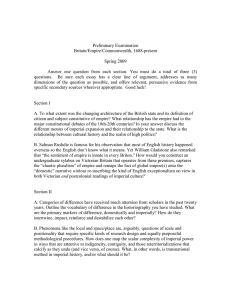
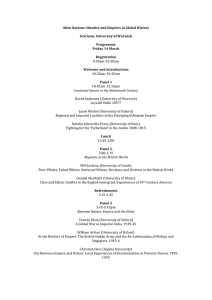
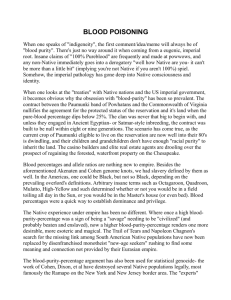
![For the full programme click here [Word]](http://s3.studylib.net/store/data/007111369_1-4e0187ff3f28659c587dbc936eb75aec-300x300.png)
